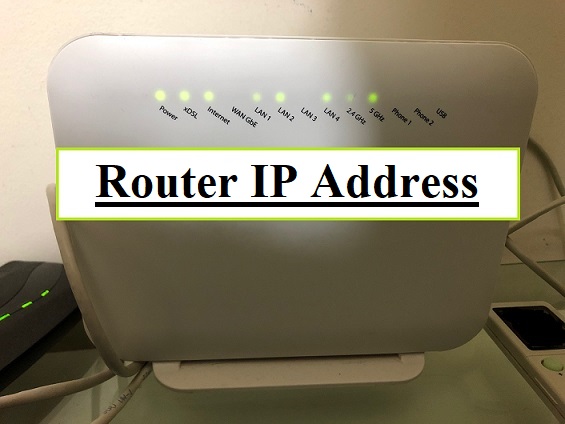Google fiber default gateway
The idea behind Google Fiber is simple enough, to connect people with high speed internet to their homes. But making that connection available over the internet and having it be available anywhere in the country has proved to be a major challenge for Google engineers. So far they’ve only been able to test the service in the city of Kansas City in the United States. And they still haven’t got it set up in every single town and village across America. So, what’s the hold up? The explanation has two parts – one about technology and one about economics.

Google Fiber works by placing fiber optic cables through neighborhoods in Kansas City. These cables will then be installed by private companies throughout the neighborhoods, connecting them to the high speed internet provider. Google will provide the funds to cover the initial construction costs and will continue to pay for the connection afterwards.
It’s amazing how far the idea has come, but even if Google were to get the idea and build out fiber to every single city, it would still face significant financial difficulty. Simply put, not many people have high speed internet access. As such, not enough people are using their computers to download web pages from the internet. Even if those people did, they wouldn’t have the bandwidth to use, meaning that Google Fiber would be pointless.
Google fiber default gateway
The other problem facing Google Fiber in the cities is similar to the problem facing many high speed internet providers. Most cities aren’t wired for cable, which means that there isn’t a dedicated fiber optic plant in the city that can provide the cables necessary to support high speed internet. Also, most cities have restrictions on where cable can run, meaning that there aren’t any places in the city that are suitable for making Google Fiber work. Finally, the cost of laying the cable will be too expensive.
So why is Google trying to go through all these problems? The truth is that they’re simply doing everything they can to make Google Fiber as available as possible. They started by purchasing a huge amount of extra land surrounding Kansas City, hoping that the extra traffic and commercial development will cause enough competition with cable companies to make Google Fiber affordable in those cities. Unfortunately, many cities are simply not wired for high speed internet, and there just aren’t the financial resources in the cities to support fiber.

That’s where Google Fiber steps in. They will be paying for these extra lines, and they will need the help of the city to set them up. The good news is that most cities are eager to put these things into place. The only bad news is that it may take them a little while to set everything up, and that’s if Google wants to start offering service to customers. But they won’t be able to do that without their massive fiber infrastructure in place first.
So what’s going to happen once Google has their fiber infrastructure in place? The cities will still need to support their new partners, but they will no longer be needed for Google Fiber. Instead, the cities will partner with them and develop commercial partnerships to support their own citizens. For instance, a hospital in Kansas City that needs more computers and other technology to better care for their patients might develop a commercial Internet initiative to offer to hospitals in the area. This means that some hospitals will get access to Google Fiber while other hospitals will not. Even though these partnerships are commercial relationships, they’re still relationships that Google is willing to develop.
There are two major questions that remain, of course. The first is how quickly will Google Fiber reach my area? And the second is whether or not my city will want to develop commercial relationships with them. I imagine that the answer to the first question will be contingent on whether or not your city is willing to develop a commercial relationship with them. If you’re unwilling to develop a commercial relationship with them, then the answer to the second question will be much harder to set up. Hopefully we’ll see these problems work out soon.
<
